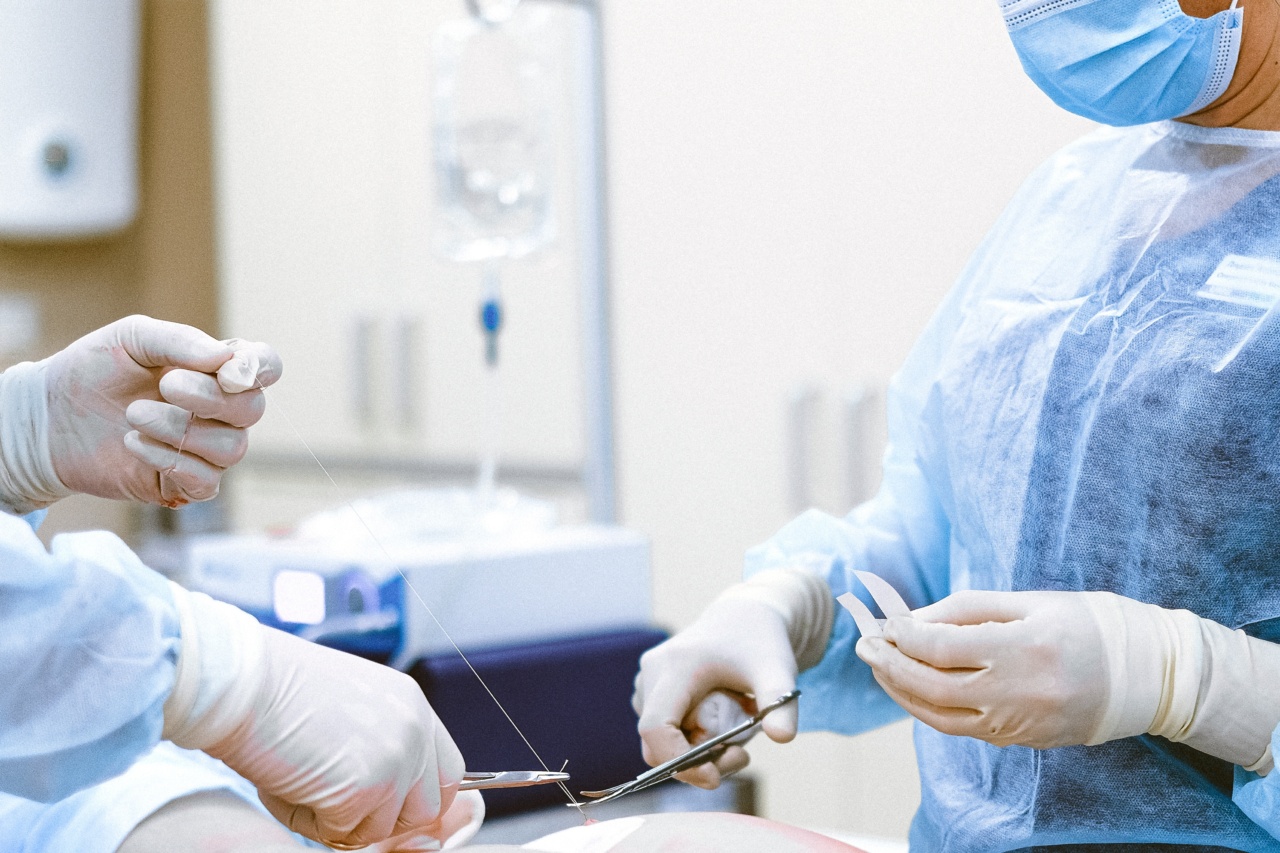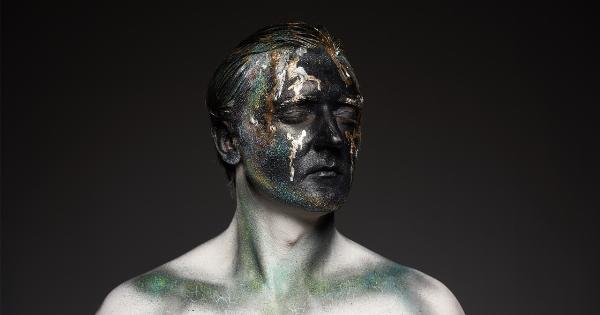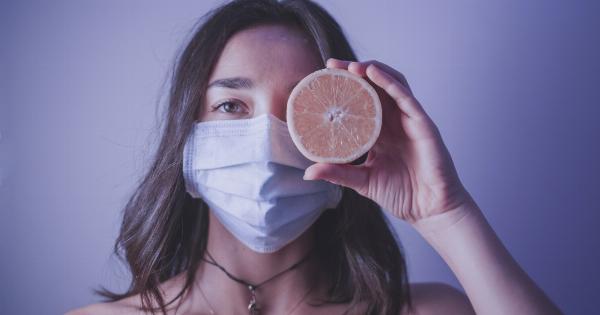In today’s digital age, it seems like everyone is obsessed with taking selfies. The rise of social media platforms, such as Instagram and Snapchat, has given individuals the ability to document and share every aspect of their lives.
With the constant exposure to edited and filtered images on these platforms, many people, especially the young generation, are increasingly self-conscious about their appearance. This self-consciousness has fueled a surge in plastic surgery procedures, as individuals strive to achieve the perfect selfie-worthy look.
The Influence of Selfie Culture
The selfie culture has undeniably influenced the way we perceive and present ourselves. Selfies are no longer just a means of capturing memories; they have become a form of self-expression and validation.
People are driven to take and post attractive selfies to gain approval and acceptance from their friends, followers, or even strangers. The more likes and comments received, the more validated and confident one feels.
The Rise of Filters and Photo Editing Apps
Filters and photo editing apps have become a major contributor to the selfie obsession. These tools allow individuals to modify their appearance, enhancing certain features and diminishing perceived imperfections.
With just a few clicks, one can achieve smoother skin, a slimmer face, brighter eyes, or even a sharper jawline. As a result, people have become accustomed to seeing their faces and bodies in a digitally altered state, leading to unrealistic beauty standards and increased dissatisfaction with their natural appearance.
Body Dysmorphia and the Search for Perfection
Body dysmorphia is a psychological disorder in which a person becomes obsessively preoccupied with perceived flaws in their appearance.
The prevalence of body dysmorphia has increased with the rise of selfie culture and the easy access to photo editing tools. People are constantly exposed to images of seemingly flawless individuals, which can distort their perception of beauty and trigger insecurities about their own appearance.
Plastic surgeons have reported a surge in patients seeking procedures to alter their appearance to match the idealized versions they present on social media. Common procedures include rhinoplasty, breast augmentation, lip fillers, and botox.
Social media influencers, celebrities, and reality TV stars often set trends by showcasing their own plastic surgery transformations, further normalizing and encouraging these procedures within the selfie-obsessed generation.
Is Social Media to Blame?
While it is easy to blame social media for the rise in plastic surgery, it is essential to recognize that it is a complex issue with various contributing factors.
Social media platforms are not solely responsible, but they have undoubtedly played a significant role in shaping beauty standards and fueling insecurities. The pressure to conform to these standards is especially felt by younger individuals who are more vulnerable and impressionable.
The Psychological Consequences
Constantly comparing oneself to unrealistic images on social media can have severe psychological consequences. The obsession with obtaining the perfect look can lead to low self-esteem, depression, and anxiety.
This constant self-evaluation and self-critique can be mentally exhausting and detrimental to one’s overall well-being.
Additionally, plastic surgery is not a guaranteed solution for self-esteem and body image issues.
While some individuals may find temporary satisfaction in altering their appearance, relying solely on physical changes does not address the root causes of low self-esteem and body dissatisfaction.
Changing the Narrative
In order to combat the negative impact of selfie culture and plastic surgery trends, it is crucial to shift the focus towards self-acceptance and mental well-being.
Encouraging open conversations about body image, promoting diverse beauty standards, and fostering self-love are essential steps towards changing the narrative.
Individuals should be reminded that self-worth should not be dependent on external validation or physical appearance.
Emphasizing the importance of authenticity and emphasizing one’s unique qualities can help reduce the pressure to conform to societal beauty standards.
The Role of Education
Education plays a vital role in addressing the selfie-obsessed generation and plastic surgery trends. Schools and parents should incorporate comprehensive sex education programs that include discussions on body image, media literacy, and self-esteem.
Teaching young individuals about the dangers of comparing oneself to digitally altered images can help them develop a healthier relationship with social media and their own self-perception.
Conclusion
The selfie-obsessed generation and the rise of plastic surgery are interconnected phenomena influenced by the pervasive influence of social media.
While it is essential to acknowledge the negative impact these trends can have on mental health and body image, it is equally important to promote self-acceptance and redefine beauty standards. Education, open conversations, and fostering a culture of self-love and authenticity are key to navigating the selfie-obsessed generation in a healthy and empowering way.































